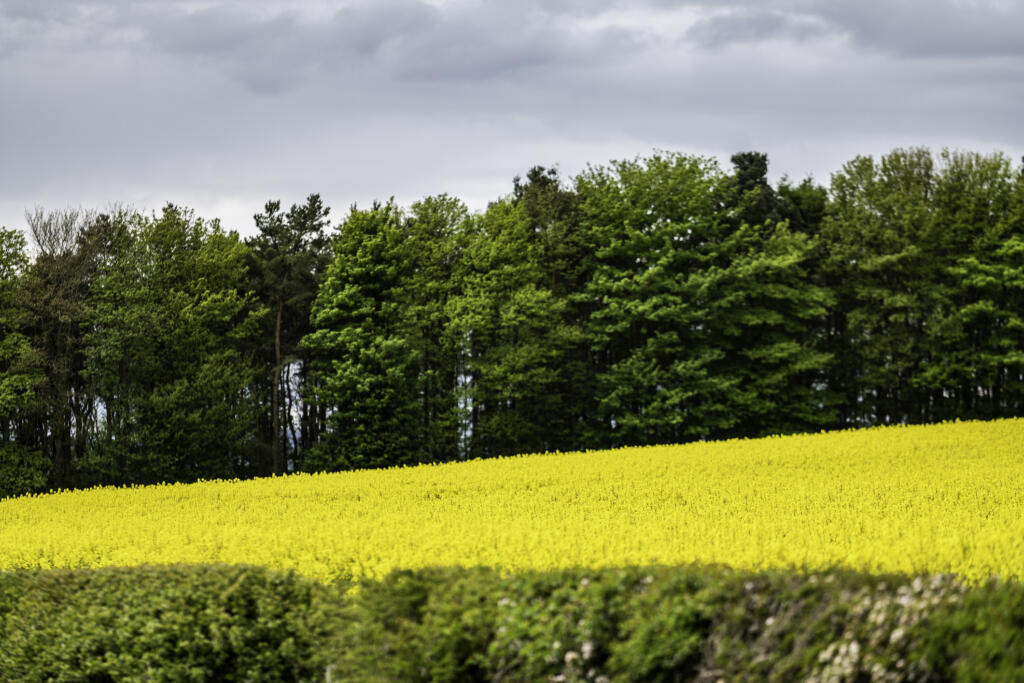
What exactly is carbon sequestration, what are the benefits for farmers and could it really help to save the environment?
It would appear that it is now commonplace to lay blame at the feet of farmers as the root cause of environmental issues, particularly of late in the context of global warming. However, certain agricultural practices could actually hold the key to reducing the UK’s carbon footprint.
The NFU have stated their aim to make the farming industry a net zero greenhouse gas producer by 2040 and Natural England has identified the farming sector as a key partner in their policy paper ‘Building Partnerships for Nature’s Recovery’ published last month.
A fundamental aspect at the foundation of the farming industry’s ability to assist in the fight against climate change is the fact that, unlike other industries, farms can act as a ‘sink’ to reduce the levels of carbon dioxide in the atmosphere by carbon sequestration (or more commonly referred to as carbon capture) in soil. So what is it and what are the benefits?
What is Carbon Sequestration?
Carbon sequestration is the naturally occurring process whereby carbon is removed from the atmosphere and stored in soil and vegetation. Traditional agricultural practices can have a negative impact on the rate of carbon capture but certain practices can actually increase it. Common examples of positive agricultural practices in the context of carbon capture include enhanced hedgerows, tree planting, direct-drilling or nil till, and cover cropping.
What are the benefits to Carbon Sequestration?
Beyond the obvious long-term benefits (a world with reduced levels of greenhouse gases), farmers who are adopting more modern practices are finding there are direct benefits to their businesses. Take cover cropping as an example of carbon capture in soil which involves the planting of certain crops as part of the crop rotation purely for the purpose of improving soil structure and nutrients.
The key benefits attributed to cover cropping are as follows:
- Weed reduction;
- Reduced soil compaction;
- Improved nitrogen lock up and increased organic matter;
- Reduced soil erosion and nutrient run-off;
- Improved drainage; and
- The potential for improved yields.
Financial Benefits
There are financial benefits associated with the potential for improved yields and the reduction in production costs, but adopting a new agricultural practice and reaping the full benefits requires knowledge and investment.
Agricultural practices that benefit both the environment and the farming industry are a positive way forward; however, at this stage there appears to be little in the way of financial incentives to encourage wholesale adoption of these agricultural practices. If the Government truly wish for carbon capture in soil to be the answer to the ever-present need to tackle global warming, then it may need to consider incentivising famers through targeted subsidies.
